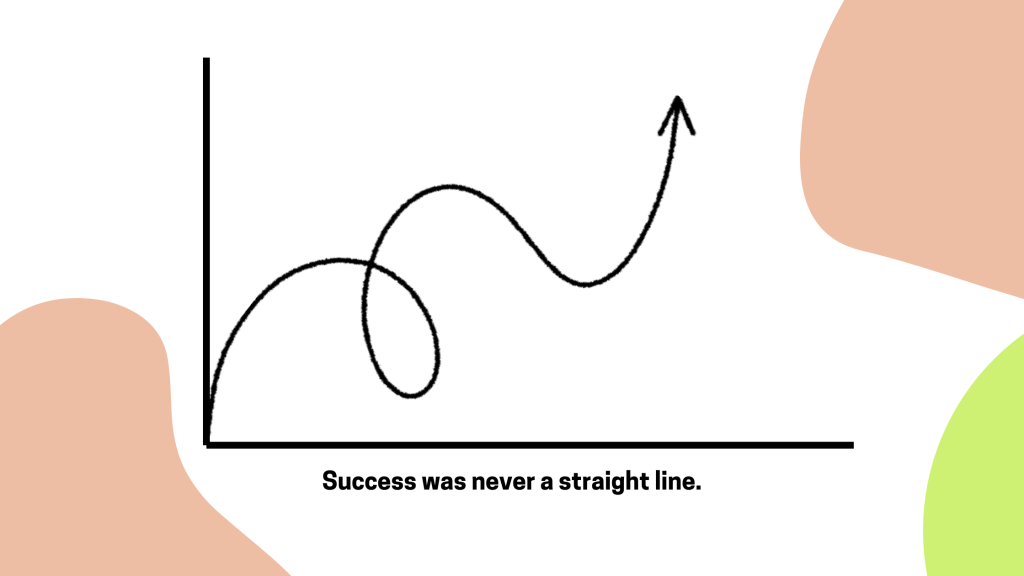What Makes an Expert, an Expert?

There is something mesmerizing about the way masters perform their tasks, isn’t it? As if time itself came to a standstill for these humans, perhaps even the stars turn their gaze to witness their art. Which forces us to question, what makes an expert, an expert? What we have to do to be an expert? And, what makes them seem so different?
1. Practicing for the Sake of Improvement
In 1990, a Swedish psychologist named Anders Ericsson conducted research on musicians and chess players to discover what are the factors which separates amateurs from masters.
His major breakthrough findings were that masters don’t just do mindless repetition of their task, experts rather engage in what scientists call as deliberate practice.
In deliberate practice, every session has a goal, an area to improve on, an aim, a purpose, each session is very carefully decided and thought of.
Takeaway
Every learning or practice session should have a clear purpose.
Improve specific weaknesses rather than just going through the motions.
2. Quality focus
Anders was able to find that the quality of focus significantly affects the learning curve of an individual.
The better the quality of focus, the earlier an individual is able to grasp new things and improve his or her skill set.
When everyone else was partying, I was working. It wasn’t about the number of hours; it was about how focused I was in those hours. That’s what separates the greats from the good.
Kobe Bryant
More focus significantly reduces the number of hours a person needs to spend to learn the skill.
Their focus is always on how to improve their productivity, on how to do the same thing but better either with more efficiency or with better results.
People don’t get the idea of how much your quality of focus can change your growth trajectory, especially when looked upon very long periods of time.
3. 10,000 hours to be an expert
The term “10,000 hours” was popularized by Malcolm Gladwell in his book, “The Outliers” he suggests the idea that to become truly proficient in any field, you need to spend approximately 10,000 hours in your skill or art.

This simple but powerful idea is also supported by research in cognitive psychology, indicating that mastery in any domain—be it music, sports, or science—requires years of sustained, dedicated effort.
However, it’s not just the hours that count it’s how you spend them. Deliberate practice ensures that these hours lead to measurable improvement.
Takeaway
It takes a long time to be a master, and it will consume a significant chunk of your life.
4. Seeking Criticism
Most experts are not belittled by criticism or insults, rather they strive for it.
They see as insults and criticism as opportunities to grow, which in hindsight help them in becoming mentally stronger.
They constantly seek feedback from their mentors, coaches, peers.
They have a clear understanding that criticism help them identify their weak spots which are blind to them.

Related
They don’t get rattled up when someone insults them, rather they learn about their weakness when someone tells them about their weakness.
Takeaway
Be open to criticism. Seek it out as a tool for growth.
Cultivate a mindset that views mistakes as opportunities for improvement, not setbacks.
5. Valid Environment
Experts don’t just practice anywhere; they practice in valid environments that provide realistic conditions and immediate feedback.
A valid environment mimics real-world challenges and enables learning that is directly transferable to professional settings. They also require the necessary infrastructure and support group to be one.
A valid environment can anything from where an individual get immediate feedback and response to a group where setbacks are merely seen as opportunities for growth.
Takeaway
Try to practice in scenarios which are as close to actual scenarios as possible.
To Wrap It Up
Becoming an expert is a life-long endeavor. You need a strong will, dedication, along with unwavering focus to become a master. All master’s constantly seek feedback to improve their craft. They are constantly learning to improve their craft for their lifetime.







